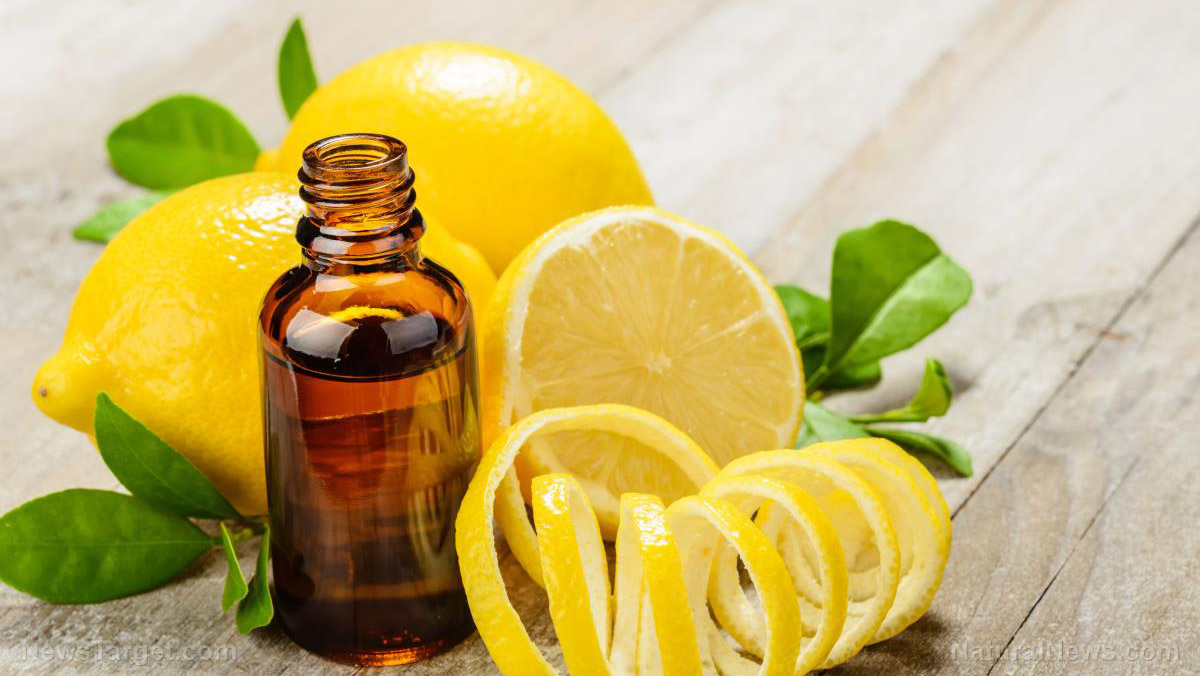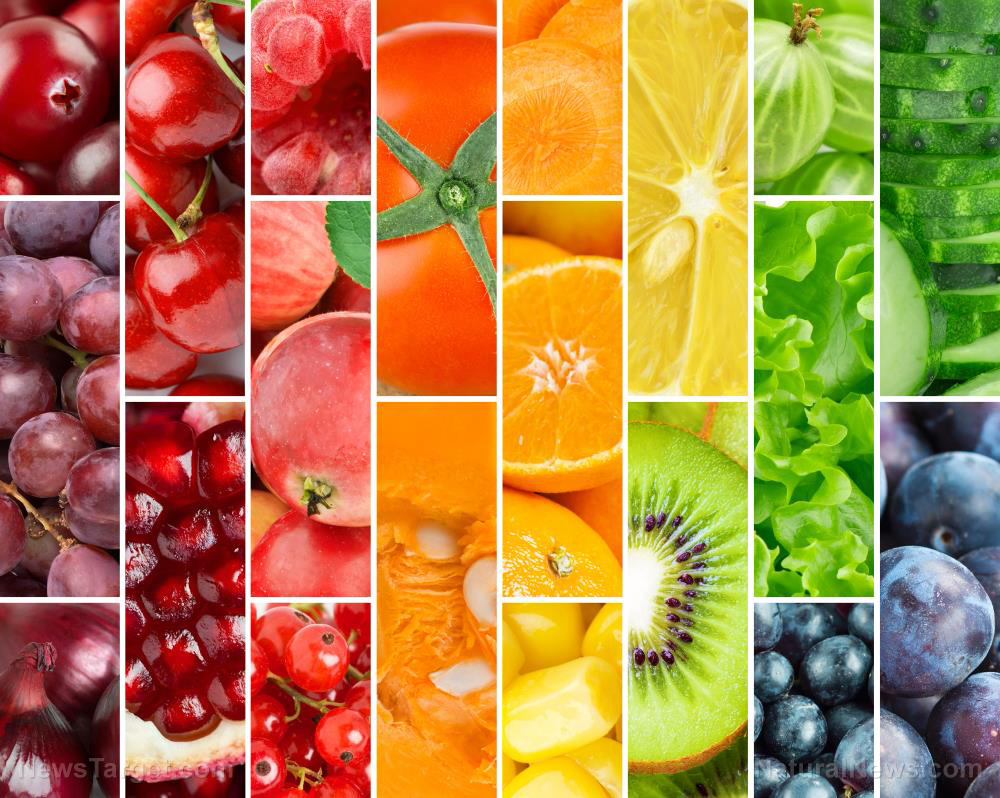Our desire to live a long, healthy life is what motivates us to buy bottled water, according to study
02/07/2019 / By Jessica Dolores

Death is the great equalizer – it knows no age, financial status, race, or political color. It’s also a very effective means to drive up sales, especially for bottled water, according to researchers from the University of Waterloo. The findings of the study, published in the journal Applied Environmental Education & Communication, revealed that pro-bottled water advertisements have an edge when it comes to tapping into a person’s anxieties on death. This results in “altered behavior,” which drives up the sale of certain products, despite its environmental impact.
Making a killing with bottled water
In the study, researchers looked at how this phenomenon came to be by analyzing data from bottled water campaigns and ads, websites, photos and videos. In Canada, they found out that the ads put out by bottled water exploit a subconscious fear, which translates to annual bottled water sales that reach billions.
Stephanie Cote, one of the authors of the study explained: “Bottled water advertisements play on our greatest fears in two important ways. Our mortality fears make us want to avoid risks and, for many people, bottled water seems safer somehow, purer or controlled.”
“There is also a deeper subconscious force at work here, one that caters to our desire for immortality,” she added.
In Canada, where the study is located, bottled water consumption is expected to hit at least three billion liters in 2018 – a 500 million jump from figures in 2013. However, the effect is not limited to Canada alone. In the U.S., bottled water consumption in 2017 reached 391 billion liters, nearly twice that amount that was consumed in the last decade.
The researchers banked on the Terror Management Theory (TMT) – a concept which states that a person’s fear of death is a major driving force for many of his behaviors – for the study. According to proponents of TMT, this fear is what determines a person’s consumer habits, wealth accumulation, and status security.
For the study, pro-bottled water campaigns were compared with environmental commercials to see which was more effective. According to the researchers, corporate pro-bottled water campaigns were more effective in luring people into their message, since they appealed to “people who measure their personal value by their physical appearance, fitness levels, material and financial wealth, class, and status.”
“Pro-bottle water advertisements rely heavily on branding, celebrity, and feel-good emotions that trigger our group identities and patriotism,” explained Sarah Wolfe, the corresponding author of the study and a researcher in Waterloo’s Faculty of Environment.
The study should be a wake-up call for public and non-governmental organizations if they want to have a shot at beating corporate campaigns, Wolfe added. “They’re going to need to use new tactics that are emotionally stirring and speak to more than just the financial, ethical and environmental benefits of tap water.”
Dangers of bottled water
Being hydrated is an important part of a person’s well-being, but using bottled water is not the way to go, as it brings more harm than good to the body. One such danger is bisphenol A (BPA), a chemical known to cause certain cancers, which is commonly used in the production of the bottles. When BPA leaches from the bottle and enters the system, it can cause a variety of conditions like hormonal imbalance, toxicity, and inflammation.
Moreover, these plastics can lead to complications such as decreased fertility in women. Pregnant women are at greater risk, hormone disruptors present in plastic bottles can affect the develop of the fetus in the womb and lead to congenital conditions at birth or even later in life. (Related: Bottled Water Found Contaminated with Medications, Fertilizer, Disinfection Chemicals.)
The toxins present in BPA and other plastic materials were found to circulate throughout the body. This may affect the liver in the future, as this is the primary organ responsible for detoxification.
Learn more about the water you drink at CleanWater.news.
Sources include:
Tagged Under: Bottled Water, BPA, clean water, death, fear of dying, Hormone disruptors, hydration, Infertility, long life, longevity, mortality, Pro-bottle water, skin care



















